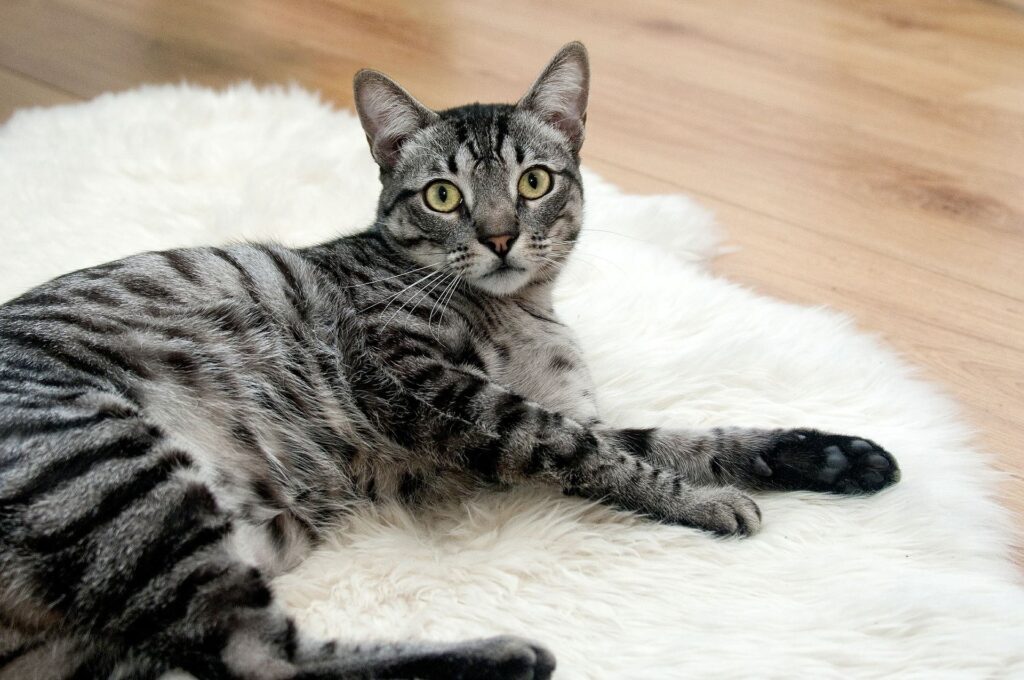Feline leukemia virus (FeLV) is one of the leading causes of death in cats. This dangerous virus is known to cause severe anemia and suppress the immune system, leaving an infected cat vulnerable to a number of deadly infections.
But, the virus doesn’t have to be a death sentence for your new feline friend. You can help protect your cat by keeping them indoors and away from unknown cats – and by allowing the WVG team to provide FeLV vaccinations during their routine wellness visits.
What is Feline Leukemia Virus (FeLV)?
Feline leukemia virus only infects cats – and tends to lead to chronic infections, anemia, and several types of cancers. The virus is transmitted from one cat to another through the exchange of bodily fluids. Most cats acquire the virus from their infected mothers at birth or through prolonged contact, such as grooming.
FeLV is not treatable, therefore, preventing the virus is essential for your cat’s health.
A Cat’s Risk Factors
Kittens and young cats are more prone to contracting FeLV through contact with infected cats. Because resistance seems to increase with age, older cats are less likely to contract the virus if exposed.
Indoor-only cats have a very low risk of contracting the virus. Cats in multi-cat households, and cats that are allowed to roam outside, run a higher risk of becoming infected from FeLV.
Symptoms of FeLV
The most common symptoms of feline leukemia include:
- Loss of appetite
- Weight loss
- Persistent diarrhea
- Persistent fever
- Poor coat condition
- Skin, urinary, and upper respiratory tract infections
- Inflammation of the mouth and gums
- Eye disorders
Treatment for Feline Leukemia
There is presently no cure for feline leukemia virus. Secondary infections can be treated as they occur – and cats with cancer can receive chemotherapy to help prolong their lives.
Protecting Your Cat from FeLV
Keeping your feline companion indoors and away from strange cats is one of the best ways to prevent FeLV. Routine vaccinations performed by a WVG veterinarian can also be given to cats who have a higher risk of exposure.
New cats or kittens over eight weeks of age should be tested before they enter a home with another cat.
If you believe your feline companion is experiencing the above symptoms, or if you plan to bring a new kitten or adult cat into your home, contact our Union location immediately for an appointment. And if you haven’t already, ask your Westfield Veterinary Group veterinarian for more information on the FeLV vaccine at your next wellness examination.




